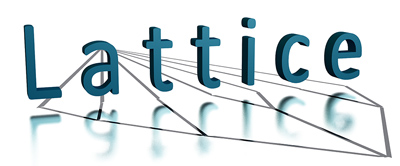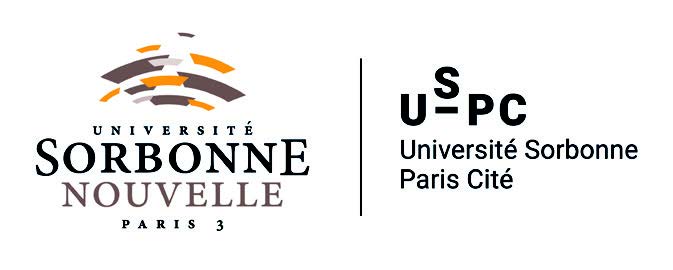Profiterole : un corpus morpho-syntaxique et syntaxique de français médiéval
Résumé
The Profiterole ANR project aimed at the constitution of new resources for Medieval French (from 9th to 15th century): a morpho-syntactically annotated corpus and lexicons, the creation of syntactic parsers for Medieval French, the development of tools for the dissemination and textometric analysis of syntactic annotation in the context of the TXM platform, and finally the analysis of some syntactic aspects of the evolution of the French language. First we describe the constitution of the Profiterole corpus in terms of texts, genres and dates and annotation schemes. Then we introduce the syntactic parsers that have been developed alongside the constitution of the corpus, and explain how their outputs have been combined in order to assist the manual correction of the annotation of the corpus. Eventually, we discuss the distribution modalities of the data and the parsers that have been produced during the project. Special emphasis is set on the tight integration of the corpus to the TXM software, both in the online version reachable from the website of the Base de Français Médiéval (BFM) and the offline version, with a number of examples of CQP and TIGER queries to help the exploration of the corpus.
Le projet ANR Profiterole avait pour objectifs la constitution de ressources pour le français médiéval (9e-15e s.) : un corpus annoté en (morpho-)syntaxe et des lexiques, la conception d'analyseurs syntaxiques pour le français médiéval, le développement d’outils de diffusion et d’analyse textométrique de l’annotation syntaxique dans le contexte de la plateforme TXM, et, enfin, la modélisation de certains aspects syntaxiques de l’évolution du français. Nous commençons par décrire la constitution du corpus Profiterole en termes de choix de textes, genres et périodes et de types d’annotation. Puis nous présentons les modèles d’analyse syntaxique développés conjointement à la constitution du corpus, ainsi que la manière dont leurs prédictions ont été combinées pour assister la correction manuelle de l’annotation du corpus. Enfin, nous abordons les modalités de diffusion des données et modèles produits dans le cadre du projet avec un accent particulier sur l’intégration du corpus annoté à TXM, tant dans sa version en ligne accessible depuis le portail de la Base de français médiéval (BFM) que dans sa version pour ordinateur personnel, avec des exemples de requêtes CQP et TIGER facilitant l’exploration et l’analyse du corpus.
| Origine | Fichiers éditeurs autorisés sur une archive ouverte |
|---|




